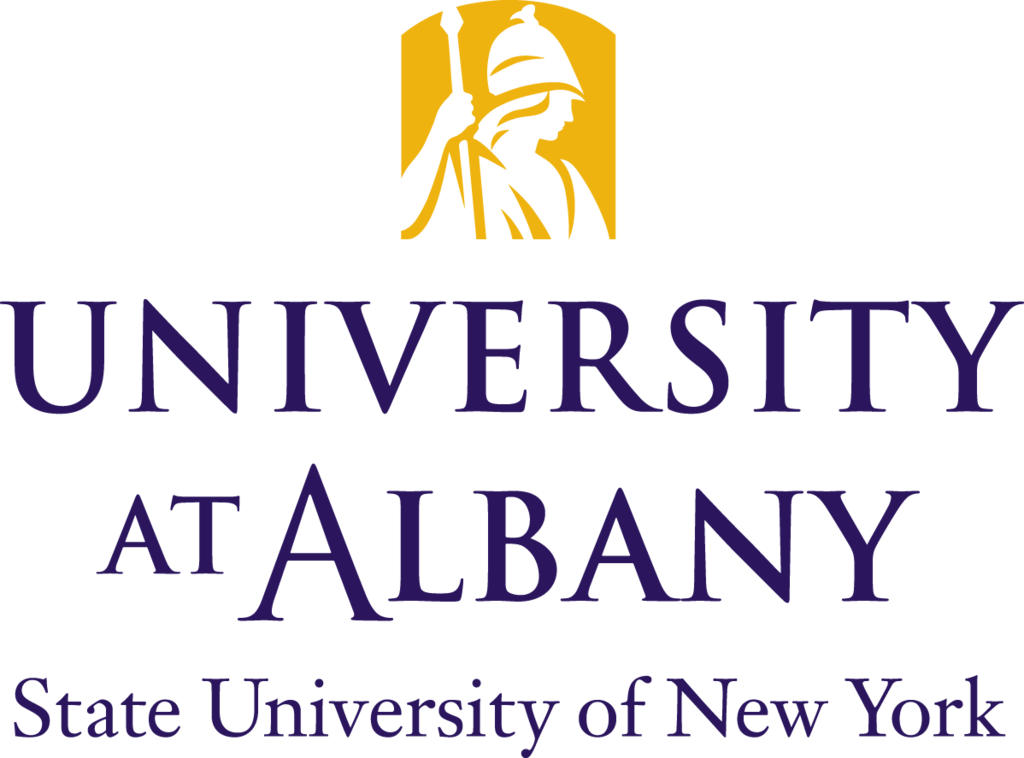ALBANY, N.Y. (Feb. 2, 2022) – The Beijing 2022 Olympics, kicking off tomorrow, will be the first Winter Olympics to use virtually 100 percent artificial snow.
It’s a new reality for Olympic and World Cup organizers who are relying more on snow-making equipment, despite safety concerns from athletes, due in part to the impacts of global warming on natural snowfall.
Mathias Vuille, a professor in the Department of Atmospheric and Environmental Sciences at the University at Albany, studies climate change and glacier retreat in the tropical Andes.
Among his many observations, Vuille found that Peru’s Quelccaya Ice Cap, one of the world’s largest tropical ice caps, could reach a state of irreversible retreat by the mid-2050s. He’s also conducted research on Bolivia’s Chacaltaya glacier, once home to the world’s highest ski resort, which disappeared completely in 2009.
Vuille is available to discuss how global warming is impacting the Winter Olympics and the future of the ski industry.
“As an avid skier and someone working on climate change and glaciers, this is a topic I care a lot about,” he said. “The shrinking of glaciers and reduced snowfall rates around the world are good visual reminders of the impact that global warming is having on our environment. People can see the change right in front of them.”
“Closer to home, studies have looked at the economic viability of ski resorts in the Northeast United States under different climate change scenarios. Higher elevation locations in the Adirondacks, Green Mountains and White Mountains fare the best, while most of the lower elevation locations will have shorter seasons or disappear entirely under most scenarios.”
About the University at Albany:
A comprehensive public research university, the University at Albany-SUNY offers more than 120 undergraduate majors and minors and 125 master's, doctoral and graduate certificate programs. UAlbany is a leader among all New York State colleges and universities in such diverse fields as atmospheric and environmental sciences, business, education, public health, health sciences, criminal justice, emergency preparedness, engineering and applied sciences, informatics, public administration, social welfare and sociology, taught by an extensive roster of faculty experts. It also offers expanded academic and research opportunities for students through an affiliation with Albany Law School. With a curriculum enhanced by 600 study-abroad opportunities, UAlbany launches great careers.
###

